Jump to:
- Difference between ON-Page SEO, OFF-Page SEO, Technical SEO, Local SEO
- Why is OFF-Page SEO so Important?
- OFF Page SEO Techniques
- Backlinks- The essence of Off-Page SEO
- What factors determine the quality of a backlink?
- Why are backlinks important?
- 5 Strategies in 2021 to Create High-Quality Backlinks:
Search Engine Optimization (SEO) is a term that refers to the process of optimizing a web page for better rankings on search engines.
It falls under the category of digital marketing, and it contributes to making your site visible to search engines and assisting in the ranking of your site on search engines such as Google, Bing, Yahoo, and others, hence generating organic traffic to your website.
When you publish new pages on your website, search engine bots crawl those pages, and determine if they are suitable for indexing. This gathering of data is known as ‘crawling’.
After crawling, the websites are included in the Google search results, which is termed “indexing”,also known as the Google database.
Lastly, hundreds of ranking criteria, or signals, are considered by search engine algorithms when ranking pages in the search results.
Some of them include keywords, page relevancy and usability, source knowledge, backlinks, and your location and settings. This way, the search engine displays the most relevant results to the users.
The keywords used in a search query are the terms that search engines use to rank websites based on their “relevance” and “quality” for those keywords. The term ‘keyword’ encapsulates the essence of SEO.
SEO is important, but the most essential aspect of it is off-page SEO. It helps you rise to the top of relevant search results, and because practically everyone uses search engines to discover information online, SEO is the most efficient approach to drive free traffic to your website.
You need to go beyond your webpage in 2021 if you want to rank your site on Google and enhance your brand’s visibility and organic search traffic.
We’ll take a deep dive into off-page SEO in this guide, so you’ll know what it is, why it’s important, and what methods you should be adopting if you want to rank on Google and take your business to new heights.
Difference between ON-Page SEO, OFF-Page SEO, Technical SEO, Local SEO
When we talk about on-page SEO, It refers to all optimizations done on a page or website itself, such as adding content, heading, title, keywords, images, infographics or other assets, internal links and external links, and so on.
To be more precise, it’s the process of optimizing web pages to boost search visibility and traffic. It entails hosting your website on fast web hosting, aligning keywords with page-specific components such as title tags, headings, content, and internal links.
If you work on strengthening the website’s technical elements like its speed, structure, then it is termed ‘technical SEO’. It mainly focuses on the HTML, js, and Css of a website.
The term ‘off-page SEO’ (sometimes known as ‘off-site SEO’) refers to actions performed outside of your website to influence your search engine results page rankings (SERPs).
It entails building backlinks, boosting branding, and promoting content through social media platforms, which are all examples of off-page SEO tactics.
Lastly, we have Local SEO which is required for optimizing local searches or searches conducted inside a certain geographic area.
This is accomplished by including the location name in the URL, including a map of how to get there, clearly stating address information, and so on.
Local SEO itself is huge but mainly starts with a Google My Business listing.
Google My business is a tool that assists companies and businesses to manage their profile across Google, mainly search and maps.
Potential customers can find your website, phone number, operational hours, products or services that you offer, and even your location and street address using this tool.
You can interact with customers by posting photos of what you offer and by responding to customer reviews using Google My Business.
Why is OFF-Page SEO so Important?
Site owners give their complete attention to the on-page SEO. In this process, they often neglect Off-page SEO.
Off-page SEO plays a vital role in the recognition and increasing domain authority of a website. Without it, your site will continue to fall behind websites that already have a significant advantage in ranking.
There are, however, plenty of different off-page SEO approaches or tactics you can implement. This will aid in off-page SEO content marketing success as well as brand growth.
Off-page SEO is critical for growing your business and increasing revenue by enhancing your authority, reputation, and search engine rank through certain techniques.
To put it in simple words, businesses would struggle to rank through competitive keywords without Off-page SEO.
And with ranking on competitive, high-volume keywords, you get a chunk of free traffic.
Nowadays, the majority of customers look for products and services online.
Even if you have fantastic products and services to offer, if you do not rank well in search engines for the terms people are searching for, you will find it difficult to reach them.
Not only will a great off-page SEO strategy help you develop a strong reputation, but it will also ensure that the right people find you (targeted traffic, Aye!).
This will result in a big boost in relevant visitors to your site, which will most likely convert.
OFF Page SEO Techniques
Everyone wants their website to rank higher in search engines like Google, Bing, and Yahoo’s Search Engine Results Pages (SERP).
Let’s look at various Off-Page techniques which we can implement to make our business grow and rank higher:
1. Fast Loading Websites
With slow-loading websites comes poor user experience. And since Google considers user experience while ranking pages, that could be affecting your overall ranking.
Thankfully optimizing a website is no longer rocket science. In Fact most of the hosting companies already have their servers optimized for speed and performance.
There are just a couple of things you need to consider while choosing a fast web hosting company:
- Server-side caching like varnish. If the hosting company does not support server-side caching, they should at least be compatible with all the popular caching plugins.
- 99.99% Uptime guarantee.
- Latest PHP Version: PHP 7 was a huge jump from PHP 5.4 in terms of speed, and it has been getting better ever since. PHP 7+ with the Mysql 5.7 can do wonders in terms of speed. So make sure your hosting company comes with the latest version of these technologies.
- SSD Servers: Almost all good hosting companies offer SSD hosting these days, which offers a massive performance boost over HDD drives.
2. Social Media
Engage with people on different social media channels if you want to make your business, website, or blog popular.
Your social media presence will aid in the growth of your business as well obtain more backlinks.
Google’s first and main goal is to give high-quality information to its users.
And the ideal example of quality information is that it is shared more frequently.
Google and other search engines use social signals as a criterion for ranking online sites.
Create social media profiles for your blog or company website to stay socially engaged with your readers and visitors.
Making your material go viral gets a lot easier when you build a strong social community.
All you have to do is post the link to your website and direct users there. If you publish very good and captivating material, you will have a better chance of being discovered as your content will be shared more frequently.
3. Backlinks
Backlinking is at the heart of off-site SEO, and it’s a practice that’s essential for every site that wants to rank on page one.
When it comes to determining where your site ranks in Google, backlinks are the most important factor. If one domain has more backlinks than another, Google is more likely to rank it higher.
Furthermore, Google considers the link’s quality; a link from a site with a higher domain authority (DA) is far more effective than a site with a low DA. The relevance of the website’s content to your domain is taken into account by Google’s algorithm too.
4. Reviews
Customer reviews will play an increasingly important part in off-page SEO in 2021.
Regular consumers and search engine crawlers assess your brand based on reviews.
Positive ratings make a website appear more trustworthy, and it’s more likely to rank at the top of search results.
Furthermore, having a good internet reputation leads to more conversions. Returning users are one of the behavioral elements that will increase your search engine trust.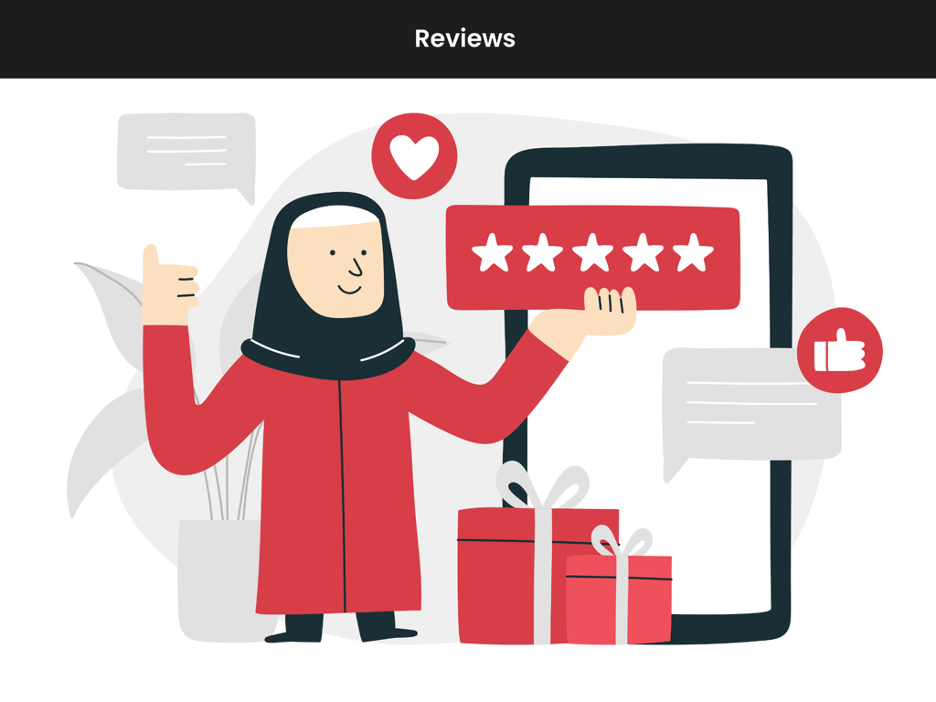
The three most popular review sites are Google, Yelp, and Facebook.
There are four effective methods for persuading a customer to leave a review:
Sincere intention: This one is self-evident. People will want to talk about your product or service if it is of excellent quality.
Contests: Offer a prize for the most amusing review.
Discount: Another reason to leave feedback is a modest bonus.
Simply request: A simple request to leave a review can sometimes be sufficient.
5. PR ( Press Release )
Writing a press release about a company’s new events, products, or services and submitting it to PR sites is known as a press release submission.
It is an off-page SEO approach that aids in the promotion of your events, products, or services on the internet to increase your site’s SEO.
To capture the readers’ interest, a press release should be keyword-optimized, factual, and informative. It should also be utilized to provide newsworthy content to the targeted people.
PR is one of the quickest strategies to increase your site’s backlinks.
Using keywords in PR articles increases traffic and sales which helps develop your reputation on the internet and trust from visitors. Online press releases have a long shelf life, so you can use them for many years.
6. Citations
Increasing your company’s citations on numerous websites around the web might help you enhance your off-page SEO results (especially local SEO). A citation is a reference to your business that includes your company’s name, address, and phone number, as well as your website address.
Increasing your company’s citations on numerous websites around the web might help you enhance your off-page SEO results (especially local SEO). A citation is a reference to your business that includes your company’s name, address, and phone number, as well as your website address.
Similar to backlinks, this is one aspect Google considers when ranking your website. Citations, on the other hand, do not require backlinks to increase your rating. Citations can only help with SEO if they are correct and come from reputable citation and directory services.
The following Citations are considered “must-haves” by the SEO community for local SEO.
7. Brand Name Search
We all know that Google has a soft spot for brands. As a result, establishing a brand is as important for SEO as it is for marketing. For both your audience and search engines, all new enterprises should make an active effort to increase their online authority.
How does brand awareness intersect with SEO, and how can you quantify the success of your efforts?
Brand searches are one of the most important KPIs to monitor. This occurs when consumers search for your brand name, specific product names, or your domain name.
The fact that more people are searching for your brand indicates that you’re on the correct track.
Backlinks- The essence of Off-Page SEO
We have noticed that backlinks and off-page SEO have been used interchangeably.
Building backlinks is by far the most important component of off-page SEO.
Websites with high-quality backlinks usually rank higher in search engines. Backlinks are used by search engines to determine the quality of content.
To rank websites, modern search engines utilize a combination of AI, machine learning, links, and page analysis.
The kind of links used for ranking purposes has been reduced down to the most relevant, which is a significant change in how sites are rated.
The idea has always been to count links that are relevant to the content to which they relate.
Let’s get to know what a backlink is and how important it is in 2021.
A backlink is a link that connects a page of a website to another. Backlinks are sometimes known as “incoming links” or “inbound links,” and they are extremely beneficial for SEO.
There are two different types of backlinks:
Do-follow backlink: Do-follow links assist in passing website strength and directly contribute to a website’s domain and page authority.
When you use a do-follow link on your website, you’re informing Google that the link is natural and that you’re vouching for the accuracy of the material on the other end. They pass along the ‘link juice’ which means the amount of authority a backlink provides to a website to which it links.
No-follow backlink: technically, It is a link with a nofollow tag. The source code contains the rel=”nofollow” HTML tag. The nofollow element instructs search engines to reject that particular link. Nofollow links do not pass PageRank, hence they are unlikely to affect search engine results.
Even though Nofollow backlinks aren’t followed by the search engines, surprisingly, they have some SEO benefits. There are certain circumstances in which No-follow links from high authority websites can increase your website’s organic ranking.
Moreover, No-follow links are beneficial because they pass free traffic to your website which is much better than having no link at all.
Now as our fundamentals about the backlinks are pretty much clear, let’s move forward to know about the things which we should focus on to get good backlinks.
What factors determine the quality of a backlink?
There are four core elements that search engines take into consideration to determine a high-quality backlink :
- Relevance: Some options for backlinks will be ideal for you. They come from pages that are closely connected to your product or service. Relevant backlinks have a higher value in Google’s eyes because people are more inclined to click on them.
Say, if a clothing website has two backlinks one of footwear and the other of cars, there’s a high chance that the first one gets more clicks as it is relevant for the users.
- Placement: Readers are more inclined to click links that are prominently displayed, therefore some links on web pages are considered to have more authority than others.
On the other hand, Google’s crawlers will most likely overlook any link placement that appears unnatural or forced. If a site that links to you engages in blackhat SEO methods, your site may be penalized, which will have a major negative impact on your organic ranking.
- Authority: Backlinks should be credible in addition to being natural. To determine how trustworthy a web page is, modern search engines look for social proof. Domain authority is a Google algorithm that assesses the importance and reputation of websites.
The higher the domain authority of the website that is linking to your, the better the effect of that link on your overall search rankings.
- Anchor Text: The text which is clickable and is a hyperlink to some other webpage is known as an Anchor text. A relevant anchor text can help your business rank better in the long run.
This on-page element’s purpose is to link two contextually related sources together in order to augment a single page with more information and wrap up the topic.
Anchor text is used by search engines to categorize both linking and linked-to websites, and is used as a relevancy factor.
Why are backlinks important?
This brings us to the point where we need to understand how important it is to have the right backlink strategy to level up our business on SERP.
In this era, people give more attention to reviews and votes. Products or services with better customer feedback reviews or votes are highly preferable. Similarly, backlinks act as votes or testimonials which indicates to the search engines that this website has high credibility, valuable content, and will be useful for the readers.
A backlink is one of the major ranking factors that Google uses to rank websites on the search result page. Furthermore, high-quality backlinks increase the Domain Authority of a website.
Let’s list the most important contributions of Backlinks:
- Amplifies organic search rankings
Search engines will begin to rank your website higher in the SERP if they recognize it as an authority. Keep in mind that Google favors websites that consumers visit frequently and that are about topics they search for regularly.
That is, if you have a lot of high-quality backlinks, Google thinks your site is a trustworthy and important source of information on that topic. Backlinks are confirmation that your website is trustworthy and is something that adds value to the users.
- Increases brand awareness
When other websites link to you, it means they think their viewers will benefit from what you have to offer. Getting high-quality backlinks also indicates that people on trustworthy websites are endorsing your site and brand to their readers, resulting in more interested visitors.
- Increases Referral Traffic
Backlinks play an important role in increasing referral traffic. If a visitor arrives at your site via a backlink, Google Analytics records that click as a referral visit. In essence, referral traffic is more targeted and relevant than other types of traffic, and it has a lower bounce rate.
- Backlinks attract more backlinks.
Another benefit that a lot of people aren’t aware of. If you already have some high-quality backlinks on well-known websites, a small percentage of those people will write about you and link to your website organically.
- Establishes your company as an authority
When more websites link to you, it establishes your company as an authority on a specific service, issue, or subject. Keep in mind that Google uses backlinks as one of the factors in determining what your website is about.
As a result, the more backlinks you have, the easier it is for Google to learn more about your company.
5 Strategies in 2021 to Create High-Quality Backlinks:
The factors that Google uses to determine the ranking of the website keeps on changing, but one thing that remains constant is high-quality backlinks.
The backlink will always remain the heart of Off-page SEO. To gear up your business in the digital world, let’s get to know a few strategies.
High-Quality Content
In a nutshell, SEO and content marketing are incompatible. Marketers must realize that both parts work together, thus if you want to boost your rankings, you must focus on providing outstanding content.
Creating original, relevant material that is better than your competitor’s website can naturally develop popularity in the Internet community and is the best approach to attract other sites to build high-quality, relevant connections to yours.
It pays to create high-quality content: Links are usually editorial votes, and the more useful content you have, the more likely it is that someone else will find it useful to their audience and link to it.
Guest Posts
In general, there are two advantages of guest posting. First, you gain free exposure to a new audience (i.e., the audience of the blog where you are guest posting), and second, you gain one or more backlinks to your site. You can gain a lot of direct traffic to your site if you write on a really popular blog, and in the best scenario, if your product is of interest to the visitors from the other blog, you can earn sales.

The second benefit, the backlink, is the primary reason why guest posters contribute content to other blogs for free. This backlink is especially important if the site has a high ranking and is closely related to your niche.
Guestographics
Using guestographics is a technique where you put out a great infographic and ask people to share on their website in exchange for a backlink.
Guestographics are effective because they generate significantly more interaction than many other sorts of content, and we have the flexibility to create infographics as necessary.
People adore infographics because they are visually appealing, easy to understand, and shareable.
The Guestographic method can be a low-effort and low-cost strategy to create fantastic relationships with other marketers in your target markets while also generating high-quality SEO backlinks.
Broken Link
SEO experts frequently employ the technique of broken link building. It’s a method for finding broken external links on websites. The main objective is to replace the broken link with a link to your working website.
When you ask the webmaster to replace the broken link with your link, they will gladly do it because no one wants dead links on their website as they degrade the user experience.
This method is effective, but it takes time to implement.
Unlinked Mentions
Brand mentions can be a source of free backlinks on reliable websites in addition to being the foundation of your online reputation. Simply identify an unlinked mention and contact the website’s owner to request a link to it.
The first step is to research the websites that have mentioned your brand without your link. You can identify all the unlinked brand mentions with the help of tools like Mention.
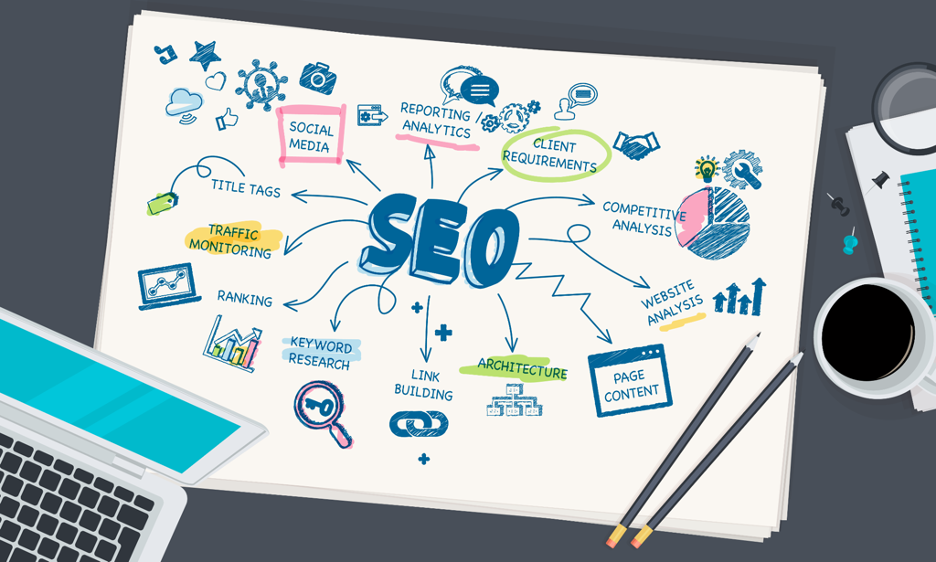
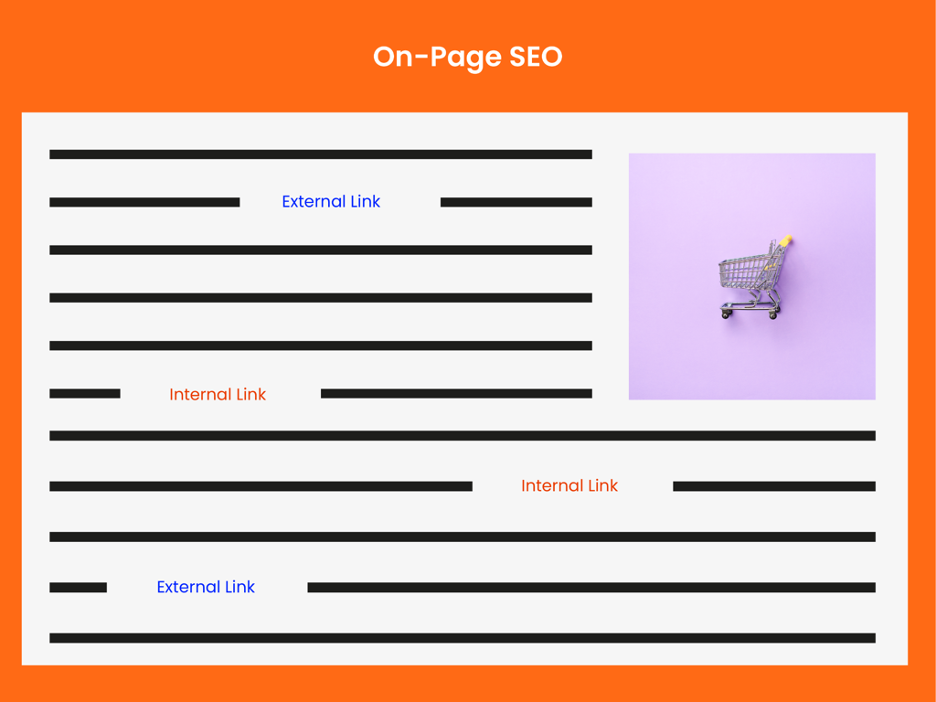
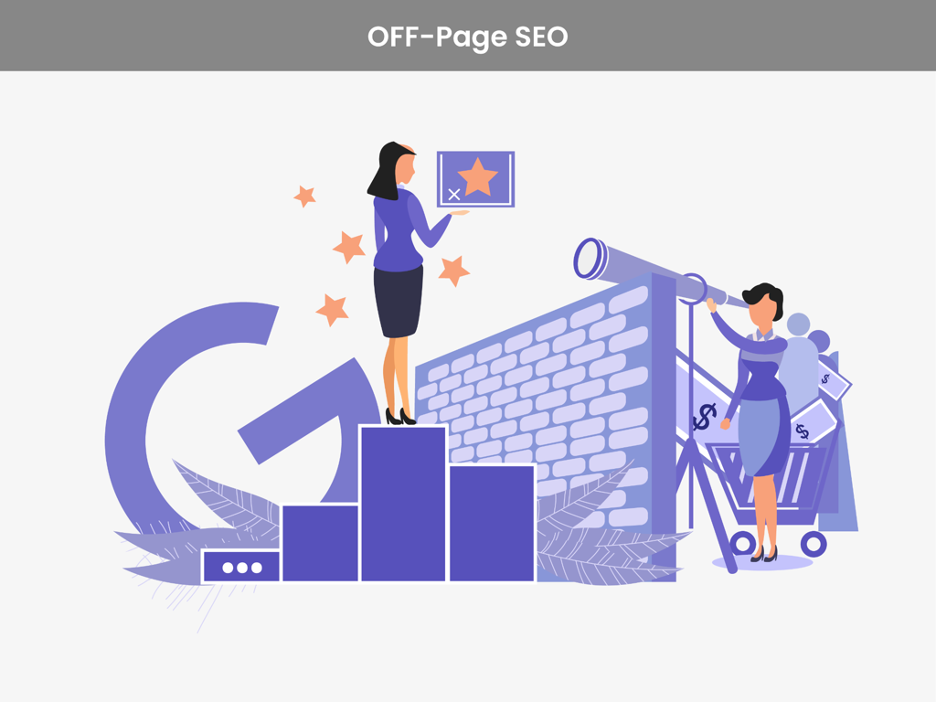
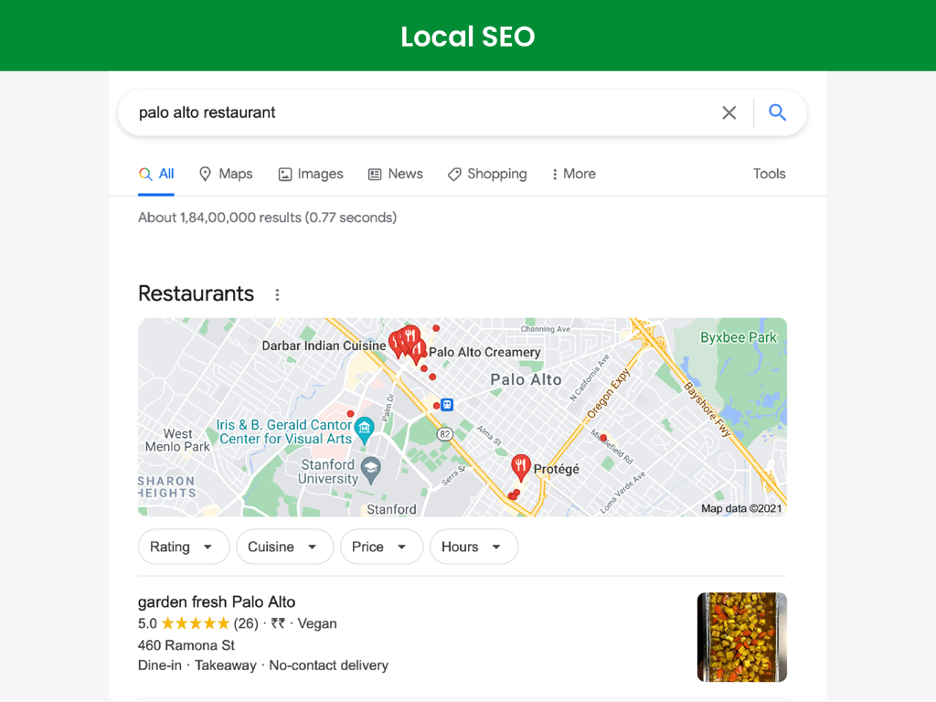
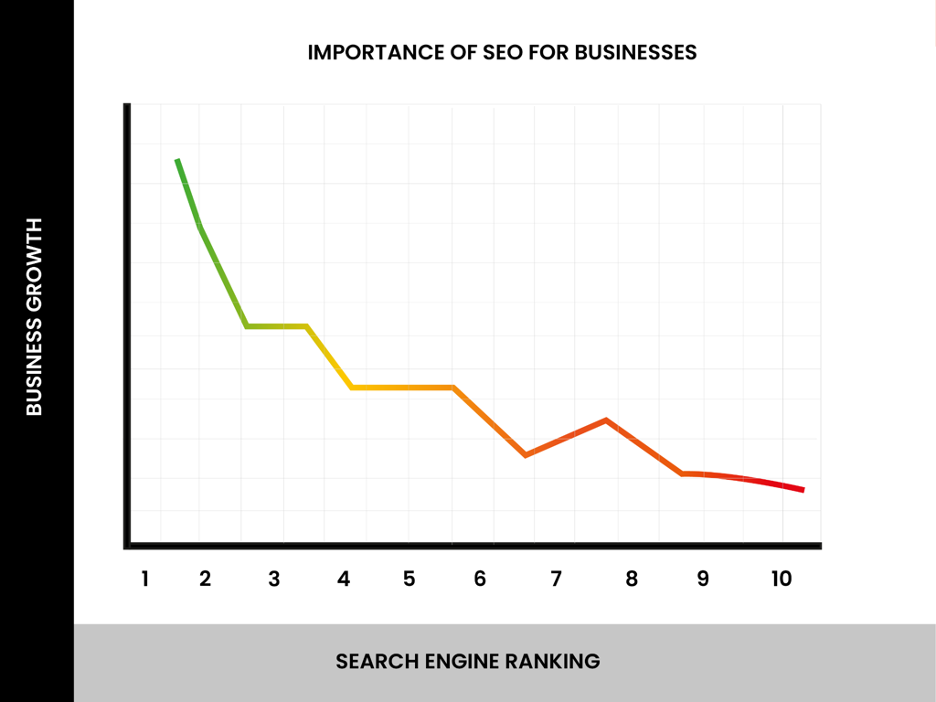
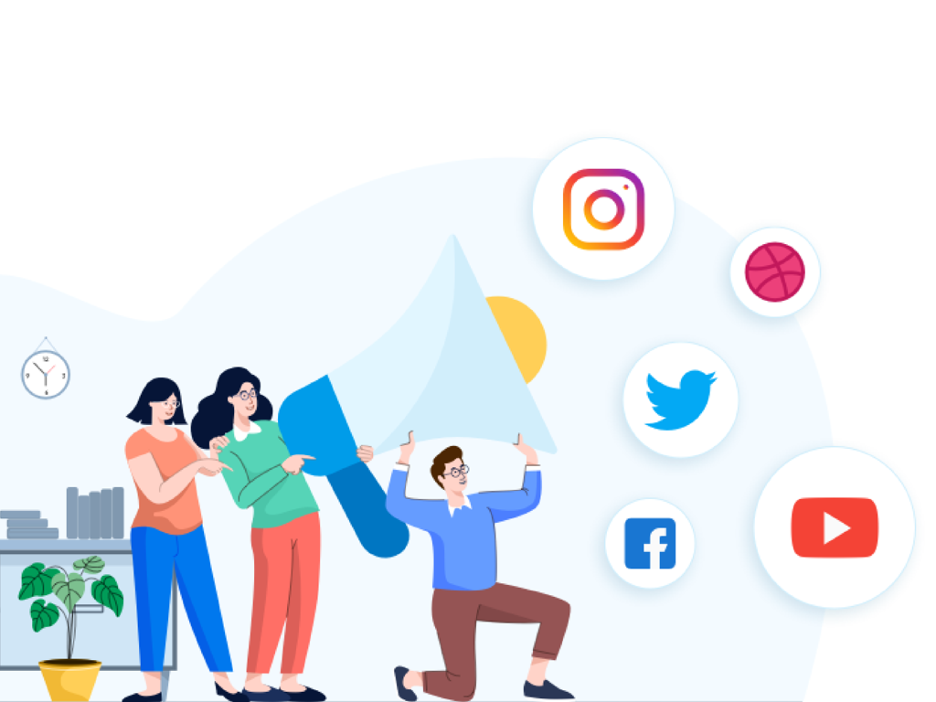
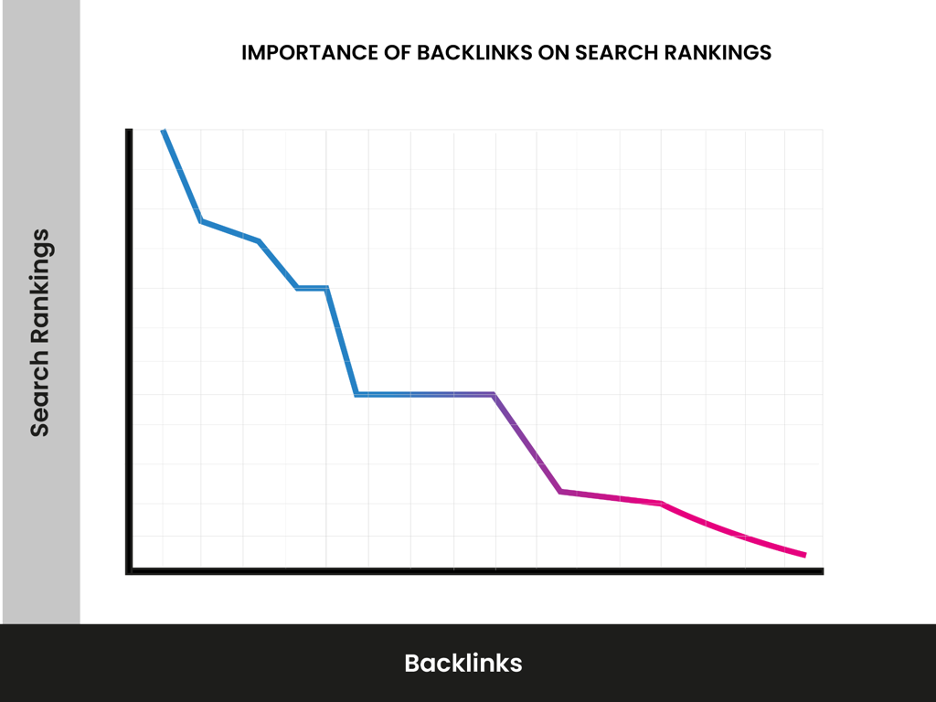
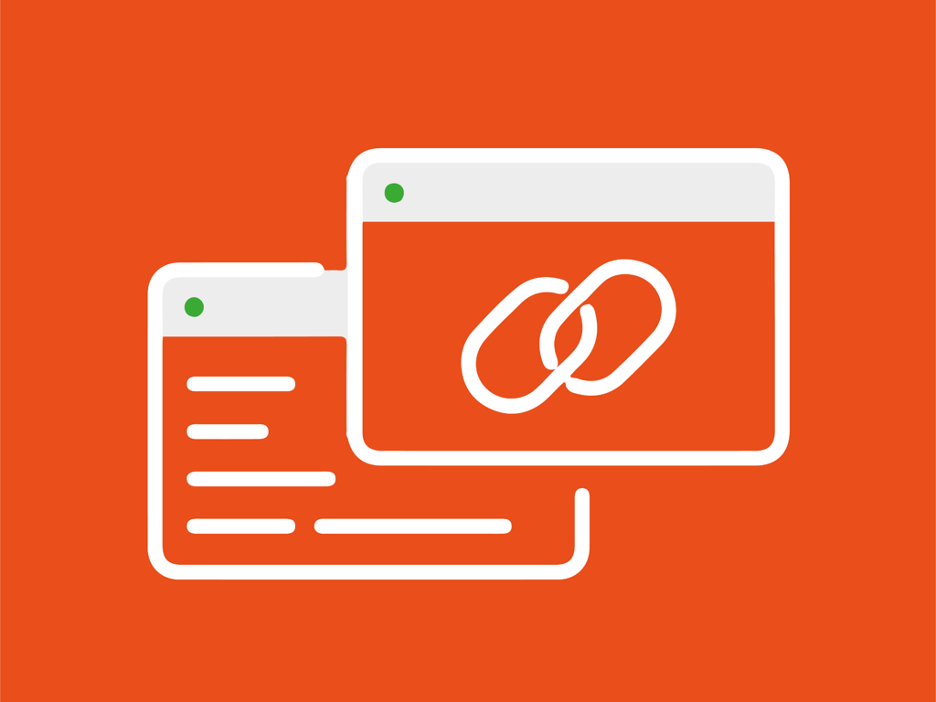

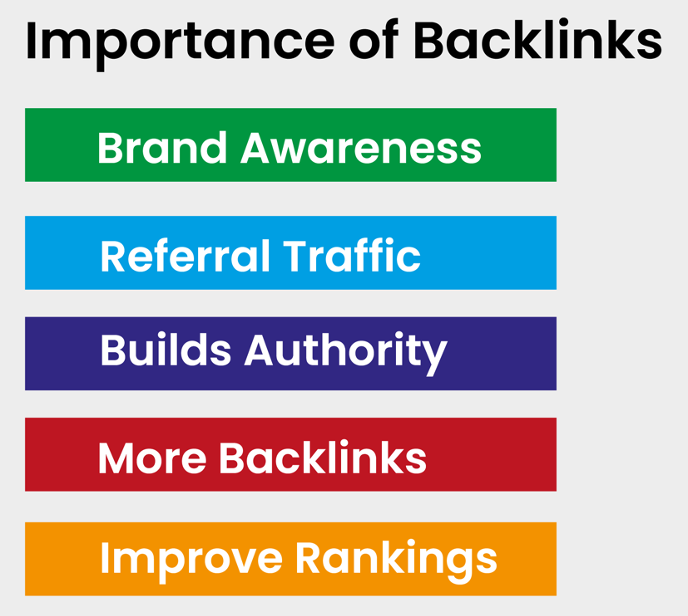
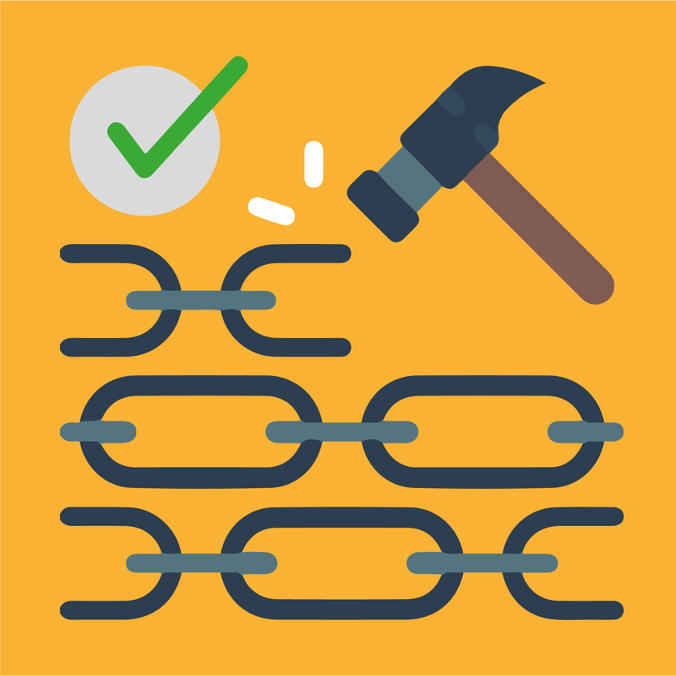
guernina
****